06
12 18 24 30 40 45
Там,деболитьдім/TheWoundCalledHome
Yevheniia Kuznetsova
RebuildingHomeThroughthePlaceofResistance
N.
KotimatkojaelirunojaBalkanilta
SaraHarjujaJuhoPitkiinen
Tamakaikkionvainvahanliikaa
ReettaAalto
InterviewwithArshakMakichyan:"home"issomething thathasalreadybeenlost.
TommasoValastro
Koschei'sDaugther
VeraBoitcova
євровікно(yevrovikno)
L. De Magistris
nuorisojarjestoon,jollaonmarssillaoma blokkinsa.Hakaniementorilla punalippujenallamietin ukrainalaisystavaani,jokapaettuaan hyokkayssotaaSaksaankokeevaikeutta osallistuaUkrainantukitapahtumiin,silla hantanemuistuttavatNeuvostoliiton aikaisistamarsseista,joillapititoistella ulkoaopeteltujaiskulauseita.Minataasitsenikinyllattaen-kailotintaytta kurkkuaaseitaUkrainaanheti hyokkayssodanalettua.Surujakauhu lamauttivat,kunvihataasantoivirtaa. Тuntuitarkealtaollayhdessajapitaa aanta.
Marssieteneekohtikeskustaa.Pitkansillan kupeessaolevanPilailupuodin nayteikkunassaTrump-nukkenayttaa lyyhistyvanharteillaanistuvanPutinnukenpainosta.Vielajoitakinvuosiasitten spekulointiaVenajanvaikutuksesta Yhdysvaltojenylimpaanjohtoonpidettiin salaliittoteorioihinverrattavana hourehtimisena.Nytseonyleinenpilkan aihe.
Kansalaistorialahestyessammelapsemme laulaamuidennuortenmukanaKenen
joukoissaseisot.Неheristavatnyrkkejaan kohtiEduskuntataloajahuutavat: -Тunkekaaleikkauksetperseeseenne!
Virnistanmiehellenijahanhymyilee takaisin.Tuntuuhyvaltaollaulkona, ihmistenparissa.Apatiaontiessaan.
Arendtajatteli,ettaaktivismissakaikki voimattuleekohdistaatotalitaaristavaltaa kayttamaanpyrkiviavastaan.Hanuskoi ihmistenyhteentulemiseenyli puoluerajojen,solidaarisuudenhengessa, silla:"kaikkispontaanistiosoitettu ystavyysontotalitaarisenherruuden kannaltayhtavaarallistakuinavoin vihamielisyysjuurisiksi,ettaitse spontaanisuusonarvaamattomuudessaan kaikkeinsuurinesteihmisentaydelliselle alistamiselle."10
Aurinkotuleeesiin,kunYeboyahastuu keskuskirjastonkylkeenpystytetylle lavalle.Hanomistaakappaleen''forgirls, gaysand theys". Muunsukupuoliseksi identifioituvaystavanikaantyymeitakohti jalevittaakasiaaninnostunutilme kasvoillaan.Tanssimmelavanedessaja hymyilemme.Mietin:tassameolemme. Emmeehkaonnellisia,muttamelkein.В
Lahteet:
Arendt,Hannah2024.Totalitarisminsynty.SuomentanutMattiKinnunen. Viidespainos.TallinnaRaamatutrtikikoda.Tallinna.
бVuonna2015sosiaalisessamediassakiersimeemi,jossaolikuvaHelsingintuomiokirkonportaille levitetystaAitoavioliittory:nmainoslakanastajateksti:Oikeaoppiseenperheeseenkuuluuaiti,isa,poikaja vasarahai.Vitsiolisiina,ettamainoslakanassaolevanlogontyttolapseksitarkoitettusaparopainenhahmo todellamuistuttivasarahaita.
7Trumpvaittivaalikampanjansaaikanavuonna2024haitilaistenmaahanmuuttajiensyovan lemmikkielaimia.
8PeukaloituavalokuvaakaytettiintodisteenaElSalvadorinCECOT-vankilaankevaalla2025lahetetyn KilmarAbregoGarciankuulumisestarikollisjarjestoonMS-13.
9Arendt2024,500.
10Arendt2024,523-524.
Text – Tommaso Valastro
Arshak Makichyan was raised in Russia, in an Armenian family with a long history of displacement. He founded Fridays For Future Russia in 2019, and through activism he found his own voice. After he spoke out against Russia’s full-scale invasion of Ukraine in 2022, he was deprived of his Russian citizenship, and he now lives between Armenia and Berlin. In this abridged version of an exclusive interview, he explores what home has meant through his lifelong battle for global, local, and personal justice.
Illustrations – Quincy May
Tommaso Valastro: “Home” can be a blurry concept. Thinking back to your childhood, your adulthood, and the different moments, places, and people that composed your life so far, when, where, and with whom have you felt at home the most?
Arshak Makichyan: When I was one year old, my family had to migrate to Russia, and I became a migrant. This feeling of “belonging” is something that I haven’t really felt for a long time in my life. I grew up in Russia, and my fam ily lived in rented apart ments most of their lives. I didn’t have this feeling of home, and I was experienc ing racism already as a kid, even in kinder garten.
Photo– Arshak Makichyan
Layout – Quincy May & Sierra Salazar
I don’t really know why I decided to become a violinist, but I started playing violin professionally when I was seven years old, and I think for me it was a way to escape from this reality: I didn’t really have a real home, I didn’t have this kind of feeling that a lot of people actually have. In this world of music, I think I was trying to find a place where I could be more comfortable and express myself… because yeah, I think as with many, many people, most of the time I didn’t even have my own table, my own room: I shared a with a sister and a brother my whole childhood. So, yeah, it was kind of complicated. When I was three years old, we went to Armenia for a short visit, and
when I was about nine years old, I went back on my own. I think that in Armenia I felt this sense of belonging while staying with my relatives. When I was staying, for example, at my aunt’s place or at my grandparents’ place, I had this feeling that I was at home, like a feeling of safety. And every time that I was visiting Armenia, I didn’t want to return to Russia, which I had to do. Even though I was studying in a good musical school for talented kids, I never wanted to go back. For me, home always was somewhere else, far away.
During my last year at the Moscow conservatory, I was standing on Pushkin Square, and I was protesting every Friday. The place where I was protesting became a new home for me, because I found my own voice. My activism helped
me to share my personality, and also to be more attached to the place where I was living. Because of my activism, I travelled more in the Russian Federation, and I connected to other indigenous struggles. I felt truly connected to them; we had a cause that could unite us. At the same time, I started feeling at home as part of humanity, because I was part of the Fridays For Future movement. I was posting my protests on social media, and I was getting support from all around the world. I wasn’t just feeling part of the Russian civil society, but mainly part of a global civil society fighting for climate justice.
In the end, “home” is something that is easily destroyed. I have lost my “home” so many times, and then I had to build from scratch. […] This fear of losing your home, or the
reminiscence of your home, is really something that is shaping the Armenian identity. I am also watching and reading a lot of stories of my friends from Artsakh, how their houses are being looted by Azerbaijani settlers, and it’s really horrible. So, in my experience, “home” is something very distant, and something that is threatened all the time.
Valastro: In what way does citizenship shape your identity now, and how would you define it in relation to your feeling of home?
Makichyan: I think citizenship is many things at the same time. From one side, it’s responsibility: you are not responsible towards the state, but towards your fellow citizens, as well as towards for example migrants that come to your country. As a Russian-Armenian I feel responsible
for what is happening in Ukraine and for Russian colonialism, from which Armenia also suffered for centuries. I think that we live in a real world, and citizenship gives you some privileges: you can participate in elections, you can vote, and you can participate in crucial processes. As an activist I was even thinking to run for the Russian parliament at some point (laughs).
Citizenship obviously changes not only your iden tity but also your position in this society. For exam ple, I’m not a German citi zen and I cannot participate in elections. Saying things as an outsider makes you more impartial, your voice is neutral in a way: if I were a German citizen, I would probably feel responsible for the German
past in some way, as Germany participated in many genocides. I would also feel responsible for what is happening right now in Palestine, because the Western world is supporting it. There are many layers to it, and I already feel partially responsible for these things because of my residency here. As a migrant I understand that I have limited
rights, but I also have limited responsibilities, and I can be deported any minute, especially now that a lot of people are being deported from Germany and from the US. Citizenship matters in this sense.
Ideally, we should be citizens of the world, and people should be able to migrate and decide for themselves. But since we have these borders, we must also understand that we also have some responsibilities. As an Armenian, I’m speaking out against Turkish colonialism, showing how Turkey was built on stolen lands and properties from Armenians. I think the same argument applies to Europe; I think reparations should be paid. People from other countries, if they want, should at least be able to stay, because right now in many of these countries it’s impossible to stay due to
war, economic crisis or other problems. And I can see how Europe has participated in the creation of these problems, even today. For example, I was criticizing Europe for financing Putin’s regime, buying fossil fuels. And then, during the blockade [of Artsakh], Europe signed a gas deal with Azerbaijan, which was terrible and I would say that they are complicit in the genocide in Artsakh.
There is a lot of hypocrisy in Europe: people proclaim themselves Christians and almost participate in a genocide against the first Christian nation in the world; at home they are like against Muslim people, a minority in Europe whose rights are not protected. I feel this hypocrisy, because I want to build a just world where Christians feel safe in Western Armenia or in the Middle East and where
Muslim people feel safe and at home in Europe.
Valastro: Last March the Armenian parliament approved the EU integration act, which calls on the Armenian government to begin the process of gaining membership of the EU. Would Armenia’s EU accession widen the borders of your home and give you agency to fight for justice within the EU?
Makichyan: For Armenians becoming part of Europe is kind of a dream, because Russia is putting a lot of pressure there, exploiting Armenia’s economic dependence on Russia rooted in a colonial past. At the same time, military deterrence can give Armenia some safety from possible invasions from Azerbaijan and Turkey, so it’s kind of a political necessity for Armenia. But I think that right now Europe is in crisis, and
values don’t really play an important role in Europe. They say that they uphold human rights, then they finance Putin for decades. They say they uphold human rights, and they go buy gas from Azerbaijan. They say they uphold human rights, but then they commit crimes against migrants in Europe and then they deport them without any trials. Europe can be something inspirational and universal for a lot of people, and I like the idea of Europe, but I don’t like how it’s being implemented.
I also don’t like that most Europeans just live in their own bubbles without thinking or caring about other people. If Europe doesn’t fight for human rights and the implementation of international law, they will probably lose their democratic institutions. Because
obviously people like Putin are trying to influence this, they are fighting against this, and you can see how there’s a rise of right-wing parties threatening these institutions. “Alternative for Germany” is one of the most popular parties in Germany. Right-wing parties are in power in the Netherlands and in Italy. Italy is selling arms to Azerbaijan! The Italian prime minister says, “I am Christian!”, and in the meanwhile she is selling arms to a country that committed genocide against Christians two years ago.
I hate this hypocrisy, and I hate that behind everything there are always only economic reasons. If everything can be bought, then you don’t have anything. Because if there is a price for everything, most likely there will always be somebody who can pay more. I
believe that there are some things on which you cannot put a price, it’s a question of human integrity. If I just wanted to be rich and let the Russian regime cor rupt me, I would be rich by now, and I wouldn’t be this homeless, stateless (at some point) person. But for me it’s about human in tegrity. And I feel like Eu ropean people don’t really understand how privileged they are: they have a lot of fears, though they proba bly didn’t have any horri ble experiences in decades. To keep these privileges, they are will ing to sac rifice some thing really important, and that’s the prob lem in Europe.
Valastro: does the relationship be
tween values and heritage shape the border between us and them? Feeling at home with people that share your values and feeling at home with people that share your origins is not always necessarily the same thing. How do you reconcile these two aspects of home in your own perception?
Maybe there is no home, we will all die!
. Obviously, it’s important to speak out on these issues, because if we are alive, if we are part of something, and if we have our own experiences, we should tell the truth and we should fight for justice. But in the end, I think it’s really important to remember that all of us will die, that all of us are humans (laughs). I’m not fighting against other people. I have no hatred towards Turkish people, I have no hatred towards
Russian people, I have no hatred towards Azerbaijani people. I believe in the reconciliation of our people, but I want to have a real reconciliation that will be just to everyone. […] As an activist, I’m speaking out more about Armenian issues, because I feel I can be more effective, and I can raise issues that no one is really raising now. But as a climate activist I feel united with other people, I feel part of something bigger. I think we should build societies that are home for everyone, so this paradox between belonging to some people and then being also a global citizen is not actually a paradox, you can do both: you can be an Armenian and also a global citizen. If you are a good Armenian then you can also be a good global citizen and vice versa.
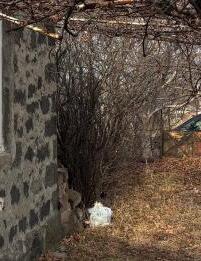

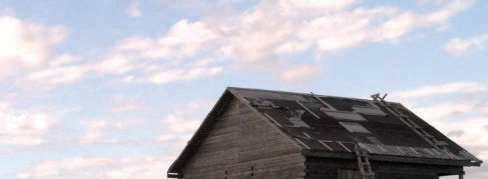
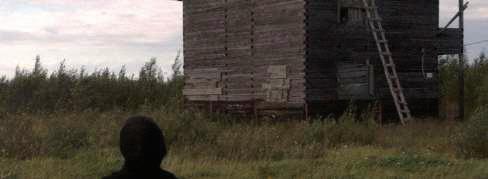
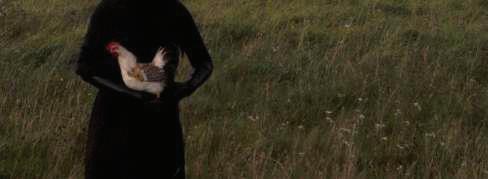

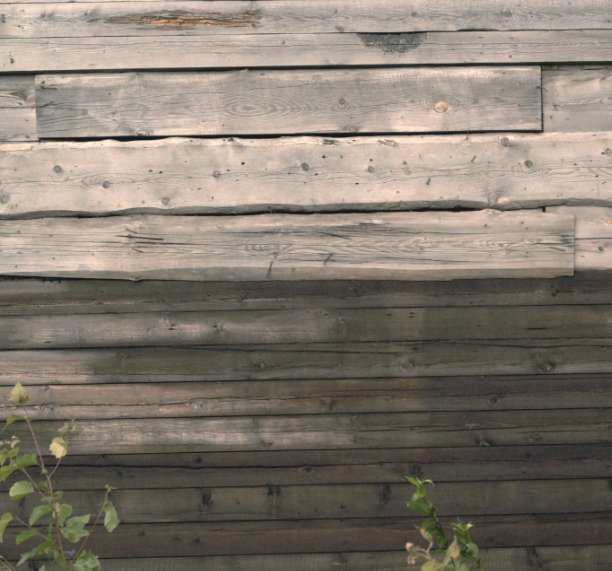

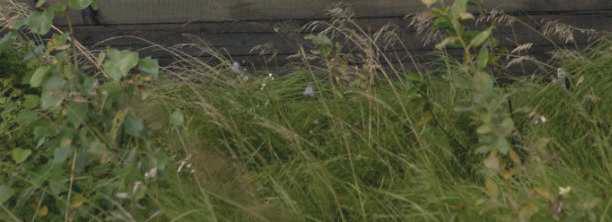
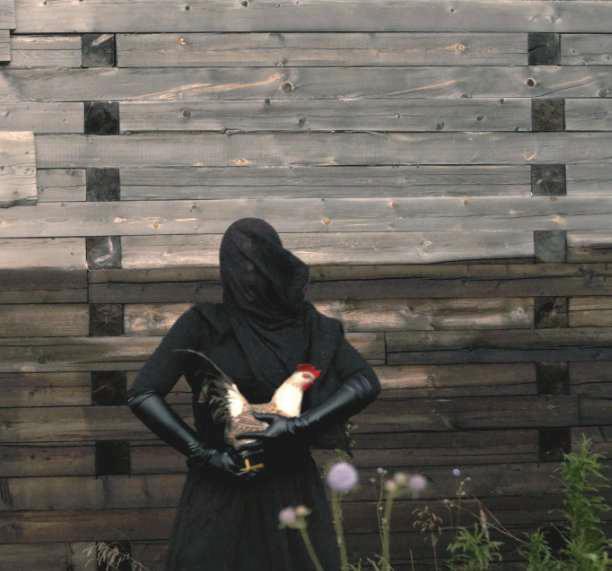
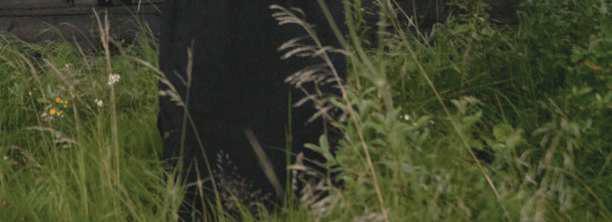
ThereisаfolkRussianfairytaleabout KoscheitheDeathless.Undeadking.Не puthisdeathintoаneedle,andthe needleintoаduck, andtheduckintoа rabbit, andtherabbitintoаwooden chest, andheburiedthischestunderа largeoaktree.Whoevergetstotheneedle andbreaksit,willfindKoschei'sdeath, and, thus,willdefeatdeathitself.
Thestoryresonates.Муneedleinаduck inаrabbitinаchestisstillundersome Russianoaktree, probably,inthe graveyardof myancestors.AndІcanЬе almostwhole,almostcomplete,almost home.Butmysoul...Butmydeath...1s stillthere.І!
References
Alexievich, Svetlana.SecondhandТіте:TheLastoftheSoviets.TranslatedЬуBelaShayevich. FitzcarraldoEditions,2016.
Bhabha, НотіК.TheLocationofCulture. Routledge,1994. Boym, Svetlana.TheFutureofNostalgia.BasicBooks,2001. Nora, Pierre."BetweenMemoryandHistory: LesLieuxdeMemoire."Representations, vol.26,1989,рр. 7-24.







































































































































































































































































































































































































































































































































































































































